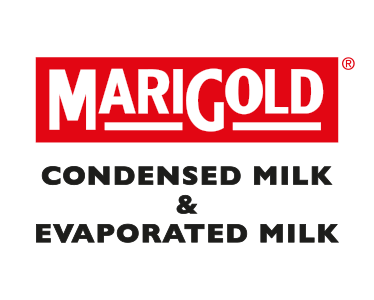Grocery shopping can be less stressful and will save you time and money when you get organised, choose products wisely and make the best of seasonal produce. Here’s how to get started:
Make a list of ‘food’ and ‘non-food’ items
The ‘food’ list would contain dairy, fresh and frozen vegetables, fruits and foods. The ‘non-food’ list consists of toiletries, cleaning products, paper goods and other household items. Use this standard list as a guide before your next shopping trip; you’re less likely to overspend.
Plan the best time to shop
Go early when the supermarket opens, if possible on a weekday when it’s less crowded and parking is easier. You’ll have the luxury of shopping in a quieter space, with more aisle room to browse and more fresh produce available for picking.
Map your route around the supermarket
Always pick up frozen/perishable items towards the end of your shopping trip. Bulky and heavy items (canned food and detergents) should go in first at the bottom of your trolley. Next add fresh food items such as potatoes and pumpkin and then the lighter fruits and vegetables. Dairy and frozen foods can be picked up last before checkout. Fragile items like eggs, bread and leafy greens can go in the front section of the trolley.
Use a calculator
This helps you figure out and compare prices against other brands and decide which products offer the best deal.
Read labels carefully
Take time to compare different brands of your favourite foods and read the fine print for nutritional values. Avoid items with ingredients that you may be allergic to. Try to choose products with less additives, sodium and sugar.
Check the expiration date
All food items should have a visible printed ‘use by’ date; if in doubt avoid buying the item. For items like fresh milk, pick from the newest stocks that are stored in the back rows.
Buy what you need
Get that large watermelon halved or quartered. Similarly you could buy a whole chicken and get it cut into smaller portions for easier storage in your freezer. Sometimes buying in bulk can be cost effective, but only for non-perishable goods, such as toilet paper and canned food.
Buy seasonal fruits and vegetables
Fresh foods will be cheaper, fresher and tastier when in season. Stock up when fresh fruits and vegetables are on sale and make extra sauces, jams and pickles.
Bring a reusable grocery bag, save on plastic
Reusable grocery bags are environmentally friendly and can carry so much more. Simply group items together like toiletries, canned goods, bottled items and so on, so they get scanned and bagged together. This makes it simpler to sort everything out later at home.
Nowadays, many supermarkets allow online services and provide a delivery service if your purchases add up to a minimum order and are within their delivery radius. This could save you the hassle of driving there and parking and a whole lot of time and effort.

